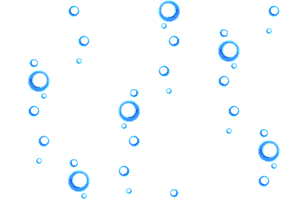'Shark Lady' Eugenie Clark, Famed Marine Biologist, Has Died

For the full NatGeo article click HERE
A pioneer in marine conservation and the study of shark behavior, Clark helped the public understand and appreciate the much maligned species.
Eugenie Clark, an American marine biologist who fell in love with sharks as a child with her nose pressed against an aquarium tank—and whose research on the much maligned species earned her the nickname "Shark Lady"—died Wednesday morning in Sarasota, Florida. She was 92.
The death was confirmed by National Geographic photographer David Doubilet, her colleague and friend.
A pioneer in the use of scuba gear to conduct underwater scientific research and a veteran of more

than 70 deep dives in submersibles, Clark continued diving into her nineties, even after being diagnosed with non-smoking-related lung cancer.
"She never outgrew this absolute fascination of looking and seeing and observing under water," said Doubilet, an underwater photographer who swam beside Clark for the majority of the dozen National Geographic magazine stories she wrote. "Even when I was a younger man and she was older, I couldn't keep up with her. She moved with a kind of liquid speed underwater."
Before Clark began her research on sharks in the 1950s, the animals were considered both dumb and deadly. "After some study," she said, "I began to realize that these 'gangsters of the deep' had gotten a bad rap."
Although she would conduct research on other fish—she discovered several species and had some named in her honor—much of her work was focused on sharks and dispelling the public's fears about them, especially after the 1975 movie Jaws. One of her National Geographic stories was titled, "Sharks: Magnificent and Misunderstood."

Clark discovered the first effective shark repellent in secretions from a flatfish called Moses sole that lives in the Red Sea. She ventured into undersea caverns off Mexico's Yucatán Peninsula to find "sleeping sharks" suspended in the water, a discovery that upended scientists' belief that sharks had to keep moving to breathe.
"Her contributions were astounding," Doubilet said.
For the full NatGeo article click HERE



















![Dan Orr on our industry and the Corona Virus [COVID-19] pandemic.](https://static.wixstatic.com/media/9cdeab_41de8eb464e44d2697639b78df84c071~mv2.jpg/v1/fill/w_74,h_52,fp_0.50_0.50,q_90,enc_auto/9cdeab_41de8eb464e44d2697639b78df84c071~mv2.jpg)





